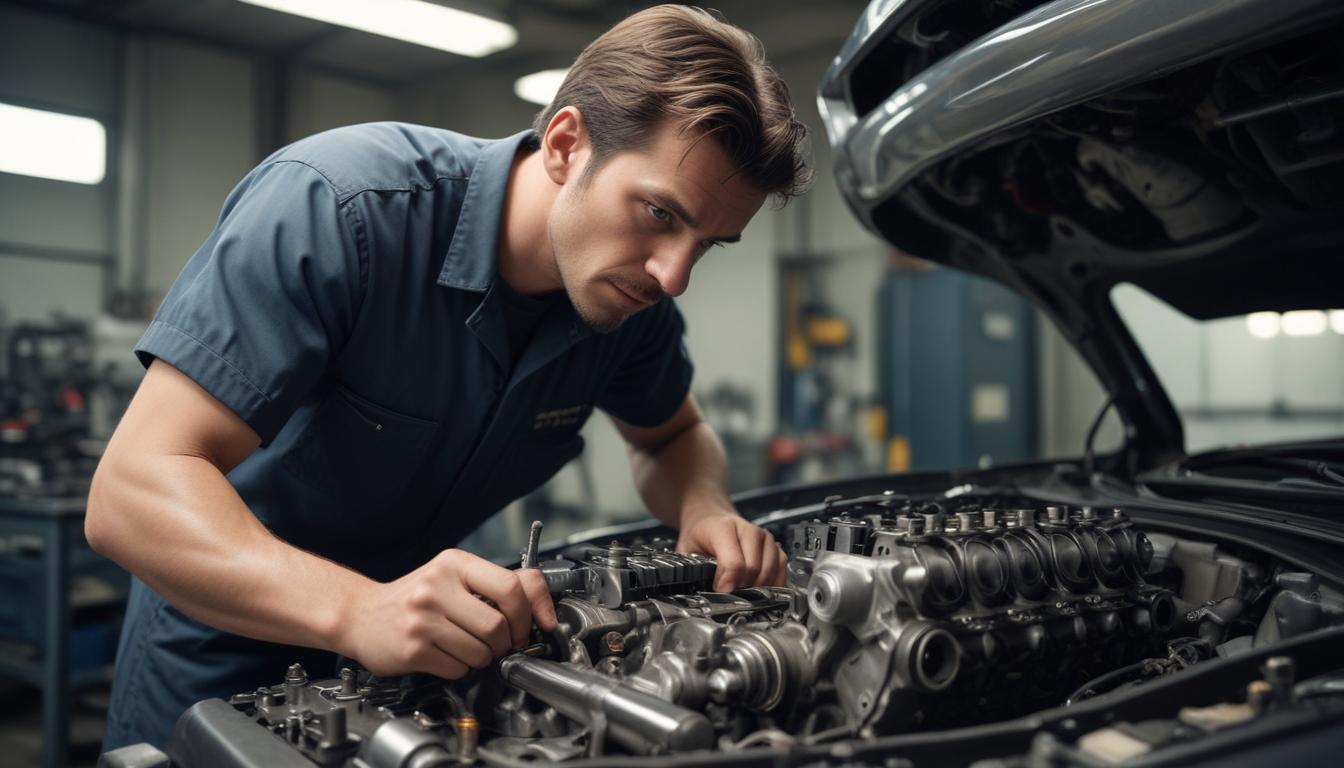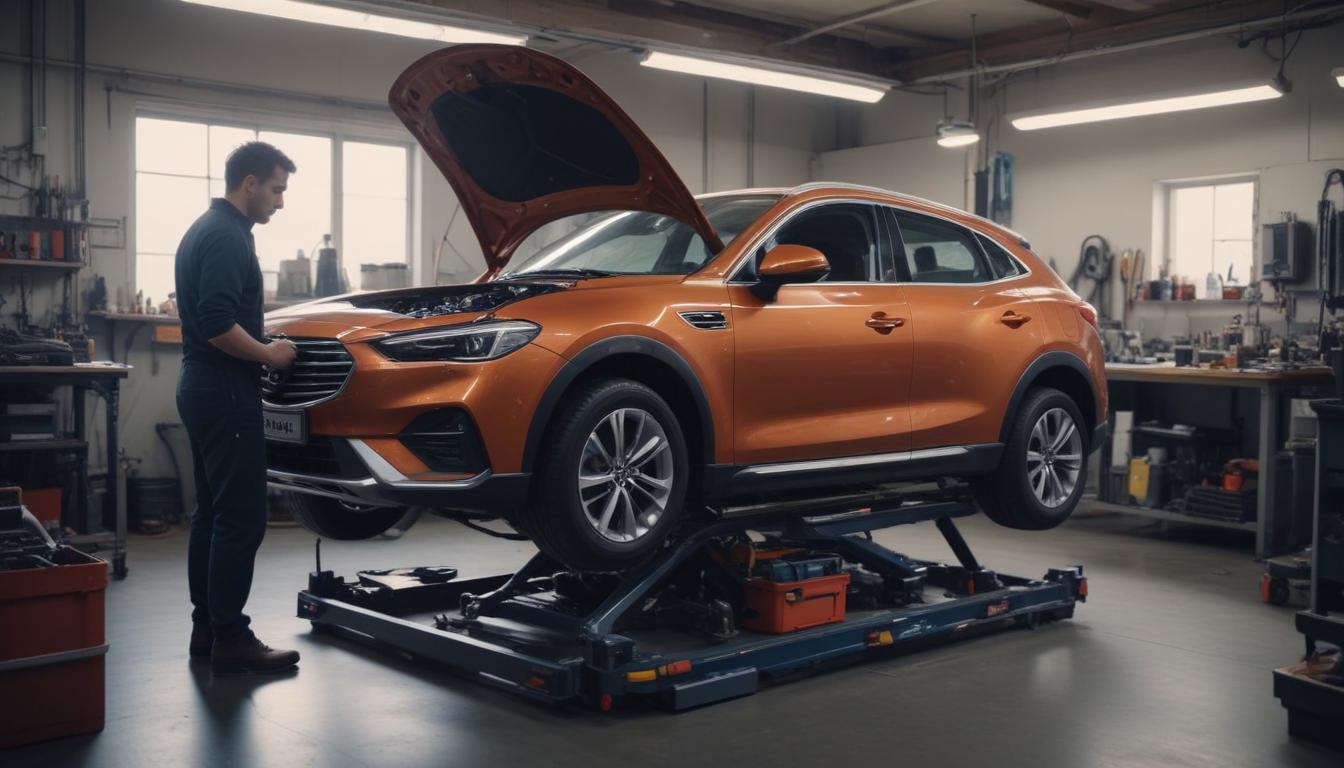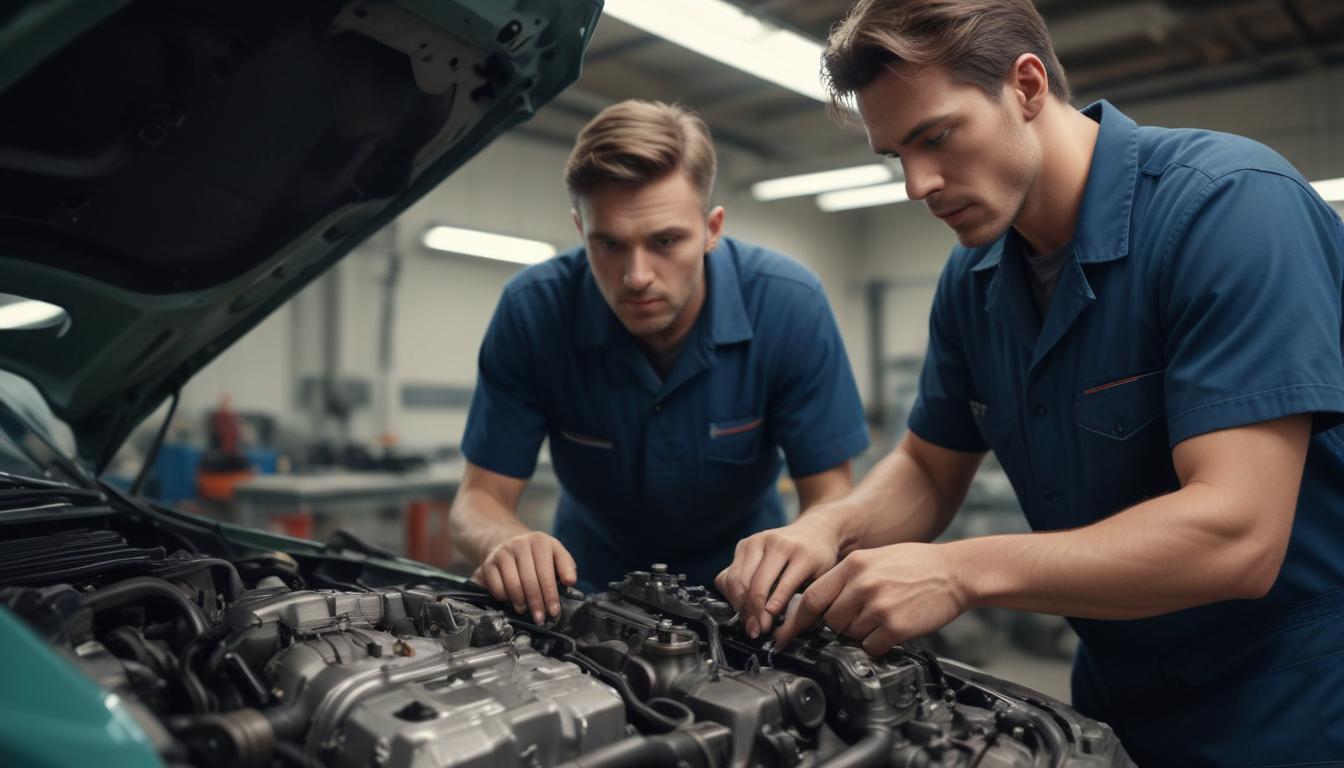As car owners, maintaining your vehicle is crucial not only for safety but for saving money in the long run. Many of us unknowingly commit avoidable maintenance mistakes—skipping oil changes, ignoring dashboard warning lights, or neglecting tire care. Addressing these issues requires minimal effort but can greatly improve your vehicle’s reliability, efficiency, and your peace of mind. Let’s delve into key tips to ensure your car stays in top condition.
Neglecting Fluid Checks Beyond Engine Oil
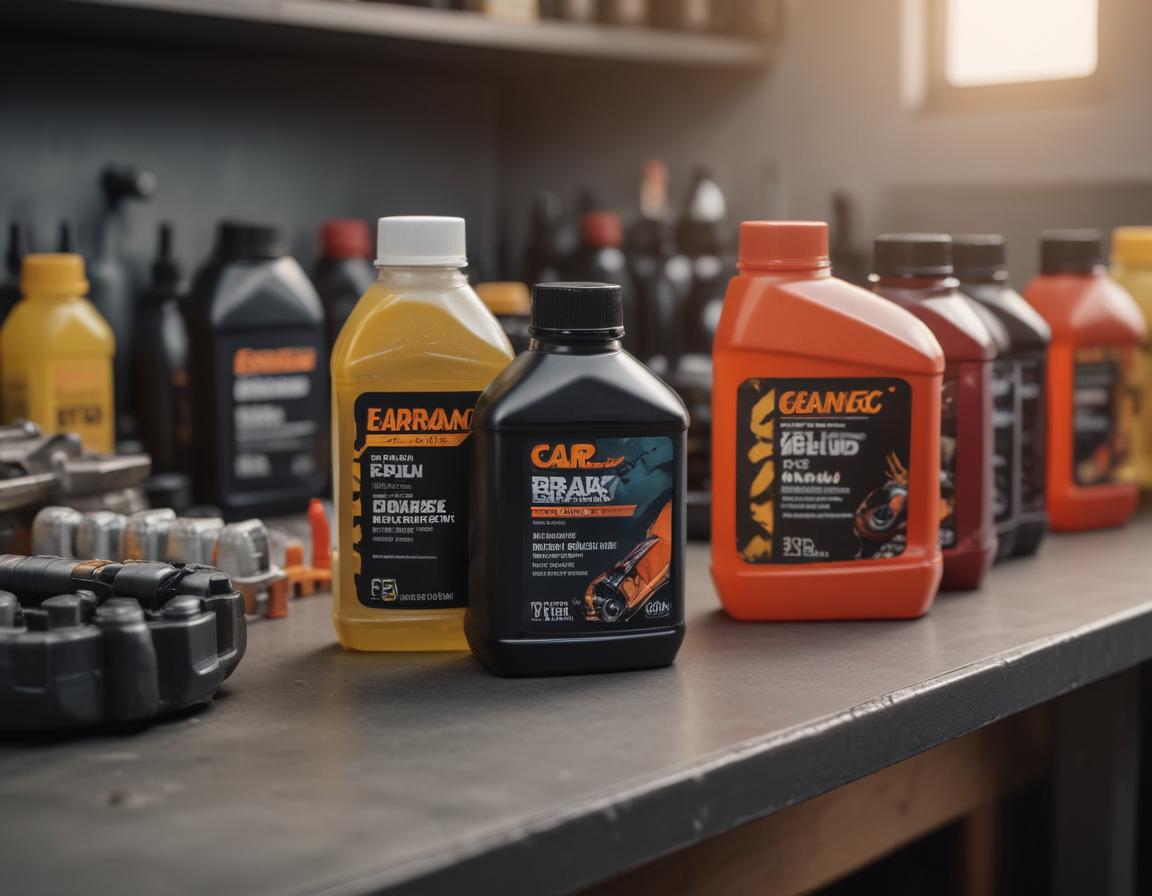
Did you know several car fluids are just as important as your engine oil? Transmission fluid, brake fluid, coolant, and power steering fluid all play critical roles in keeping your car running smoothly. Just because your oil is changed regularly doesn’t mean you can neglect these other fluids. They need to be checked and replenished routinely to prevent problems such as overheating, leaking, or even system failure. Always refer to your car’s manual for guidance on fluid levels and intervals. This simple habit can save you from large repair bills and offer peace of mind during your drives.
Ignoring Dashboard Warning Lights
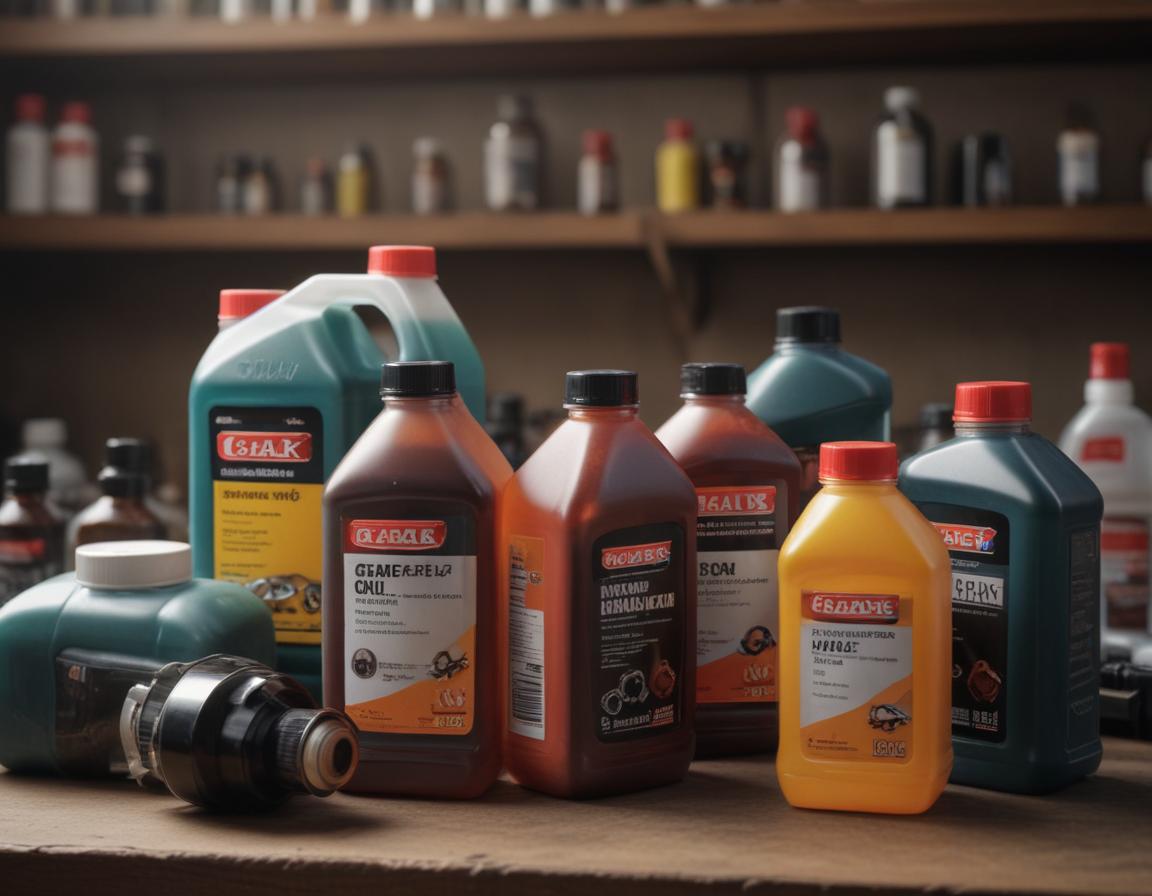
When a dashboard light glows, it’s not just there to be ignored—it’s your car’s way of calling for help. Whether it’s the check engine light or a low oil pressure alert, waiting to address it might turn a manageable issue into a major repair. Many of us hesitate to visit a mechanic, perhaps fearing the cost. But early diagnostics can actually save you a fortune. A professional inspection not only ensures your safety but extends the lifespan of your vehicle. Don’t wait until it’s too late—your car deserves immediate attention to these signals.
Driving with an Overheating Engine
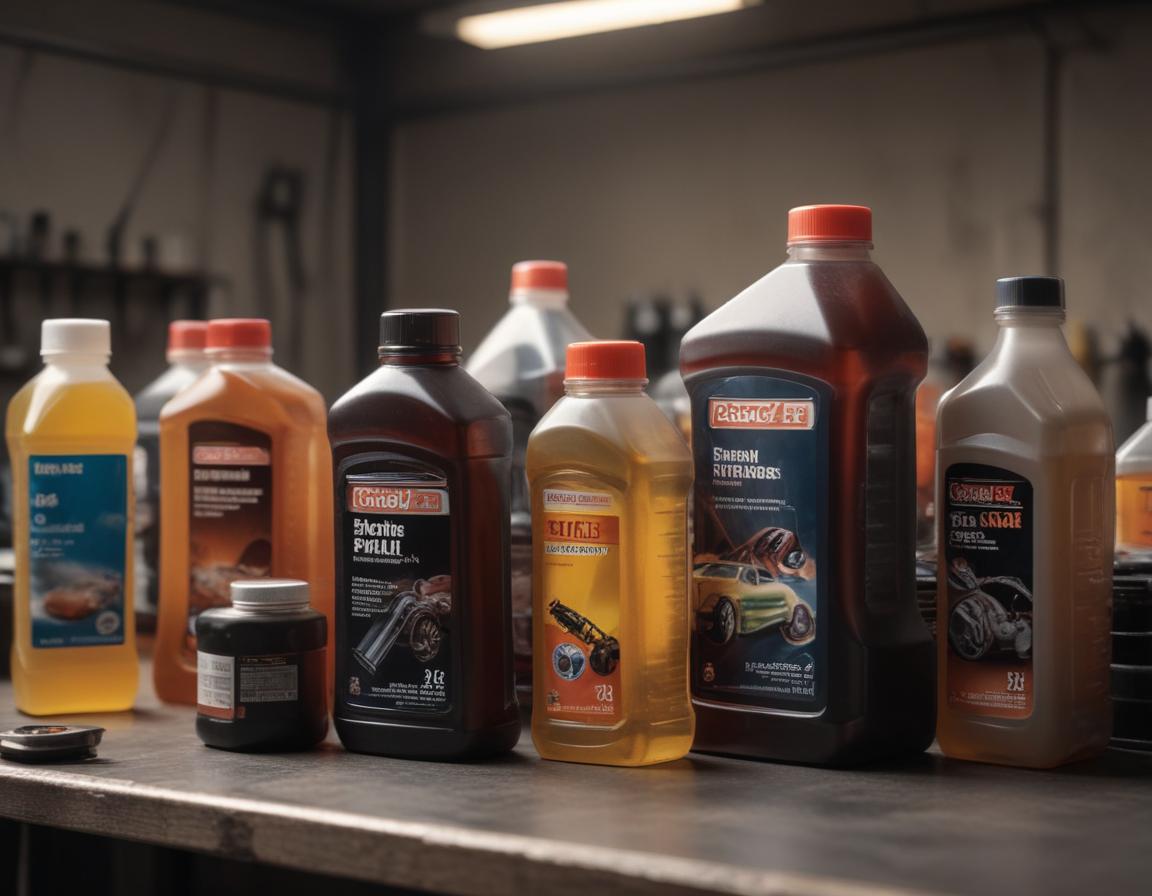
An overheating engine is one of the most critical issues a driver can face. The temperature gauge in your dashboard going into the red zone is your signal to act fast. Continuing to drive with an overheating engine risks serious damage, including warped cylinder heads or permanent failure that may lead to a costly engine replacement. As soon as you notice the temperature rising abnormally, stop your car, turn off the engine, and allow it to cool down. If you’re unsure about the cause, it’s wise to call for professional assistance. Prevention through regular coolant checks can save you from these dire situations.
The Importance of Regular Oil Changes
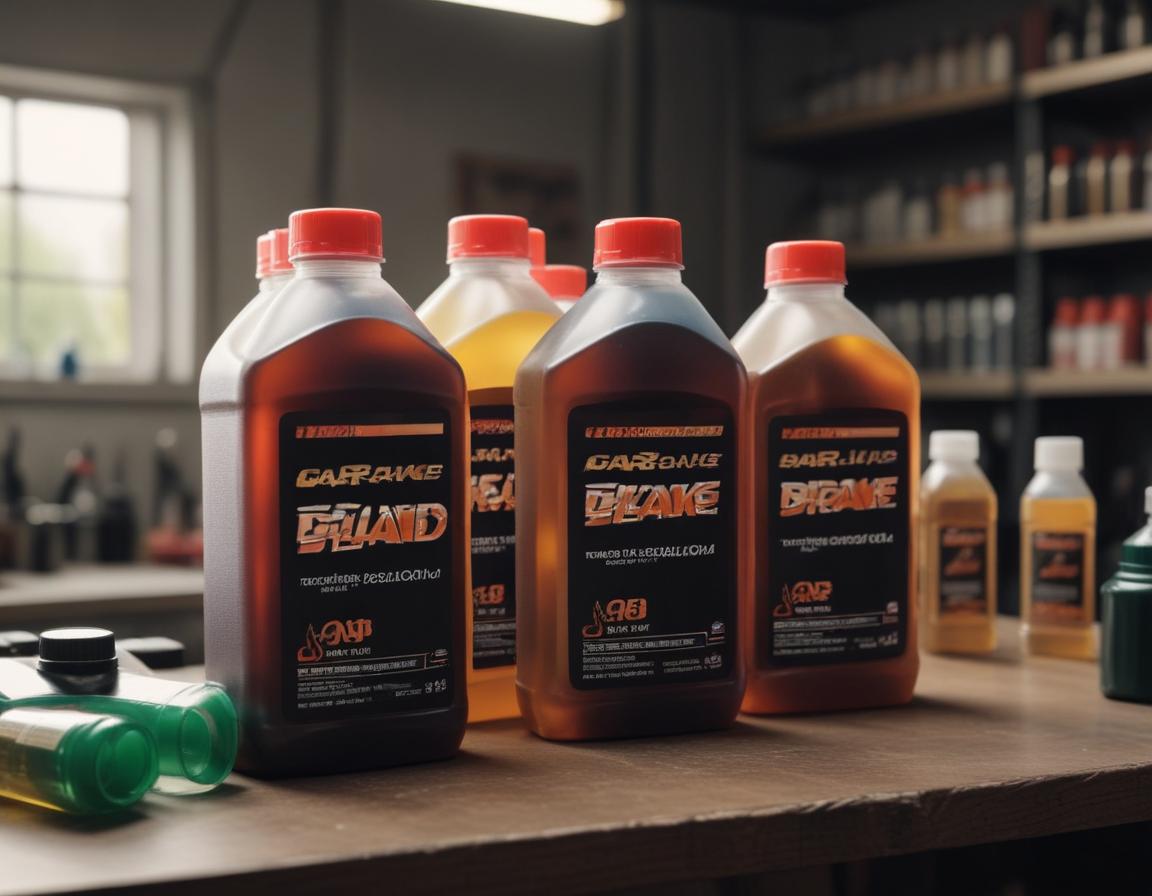
Changing your car’s oil regularly is the simplest yet most critical maintenance task. The engine oil lubricates moving parts, reduces friction, and prevents overheating. Over time, however, this oil can degrade, leading to increased engine wear and even catastrophic failure. Modern vehicles typically recommend oil changes every 5,000 to 7,000 miles, especially with synthetic oils. By maintaining a schedule, you enhance fuel efficiency and avoid costly repairs. Trust us, spending a little on routine oil changes now will save you from major financial headaches in the future.
Paying Attention to Tire Pressure and Condition
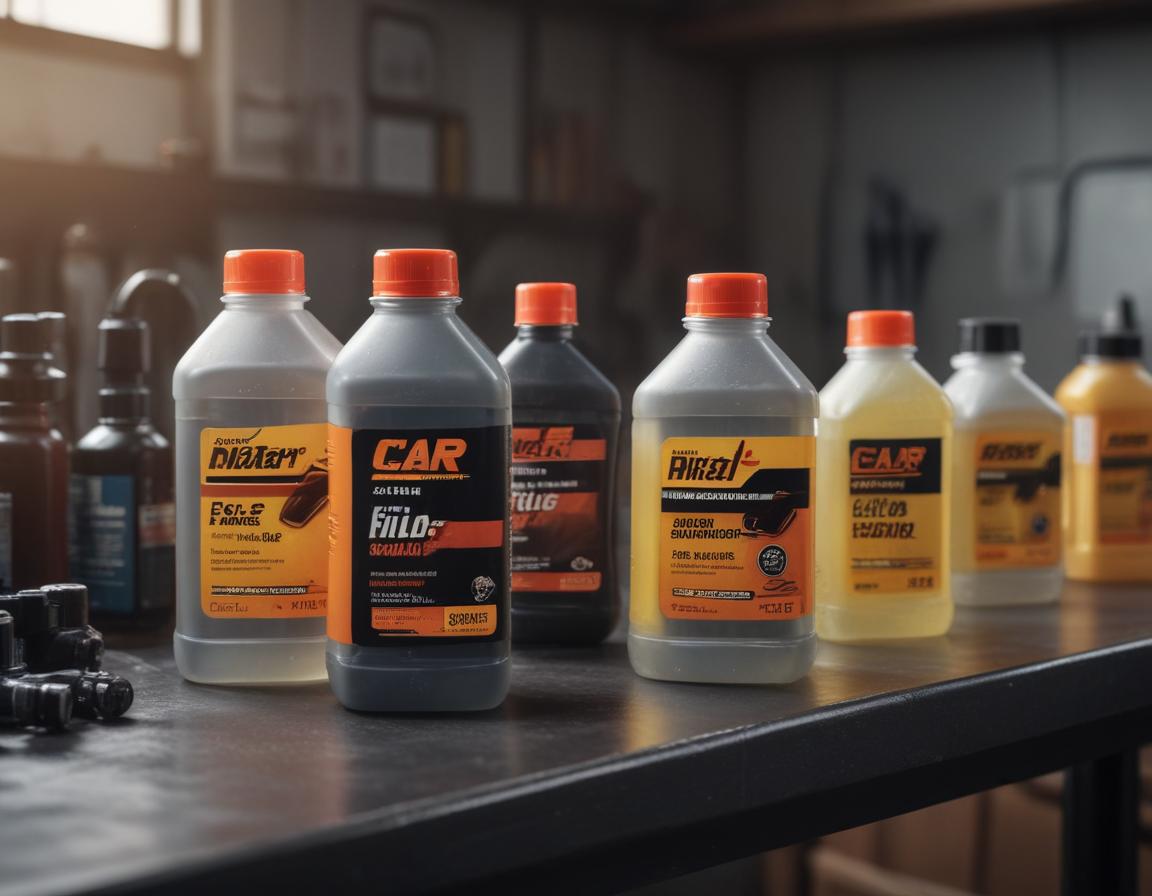
Tires are your car’s only contact point with the road, making their condition critical for safety and efficiency. Underinflated tires wear out faster and reduce fuel efficiency. Meanwhile, worn tire tread or uneven wear increases the risk of accidents, especially in wet conditions. Use a tire gauge monthly to check air pressure and visually inspect for wear or damage. Additionally, rotating your tires regularly helps prolong their life and ensures even wear. Taking simple precautions can dramatically improve your driving experience and safety.
Skipping on Heating, Ventilation, and A/C Maintenance
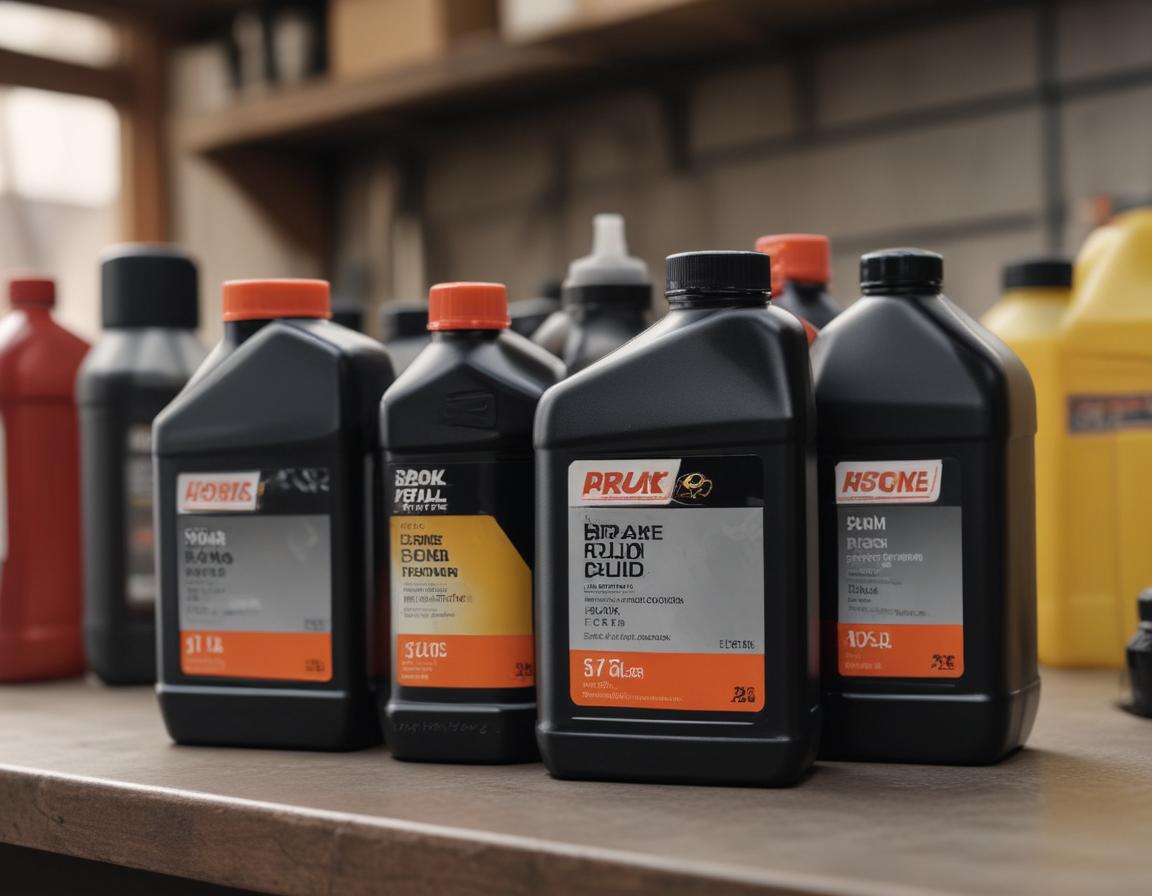
Heating and air conditioning systems in vehicles are often overlooked until they stop working. Whether it’s refrigerant leaks or clogged filters, minor A/C issues can become costly replacements if ignored. Regular maintenance ensures a comfortable driving experience, especially during extreme weather. A well-maintained HVAC system can even improve your vehicle’s overall performance by distributing the required power efficiently. Don’t wait for icy windows in winter or sultry summer drives—routine A/C checks are an easy way to avoid frustration.

